Current Programs
-
Bioengineering
- School of Medicine
- Life Sciences
- Design Lab
There will be various program opportunities that students can choose from, ranging from a 5 day program to a comprehensive 6 week lab experience that includes a 3 week residential component. The program information is provided below. Students can apply and potentially be accepted into both programs. The 6 week program will also have a commuter only option for those who do not wish to stay in the dorms for the first 3 weeks of the program.
Applications will open on December 16, 2019 for Summer 2020
This unique summer internship program aims to provide a state-of-the-art Bioengineering experience for rising high school students. Students will be able to join a forefront research lab in Bioengineering at UC San Diego for six weeks during the summer. They will be able to work closely with a lab mentor and faculty investigator on a Bioengineering research project. Projects range from discovery-stage science to application-stage development. Topics range from genes, molecules, and cells, to materials, tissues, organs, and organisms. Target diseases range from arthritis and cancer, to heart disease. In addition, they will obtain an overview of the field of Bioengineering and hear specialized lectures from forefront researchers. They will also learn about career pathways in Bioengineering.
The program is designed to provide students with a residential component as well as a commuter component. The first 3 weeks of the program are strictly residential. Students will be able to live in a dorm with others in the Academic Connections program so that they can experience first-hand college life. The last 3 weeks of the program are commuter based. Students will be responsible for their own accommodations and transportation to and from campus on the last 3 weeks.
Students will be able to rank the projects and faculty they would like to work in their application from the options below. Please read them carefully. There is also the option to have no preference in projects.
*Students will receive 12 units of Pre-college credit for attending the 6 week program.
Program Dates: July 5th - August 14th, 2020
Application Fee - $100
Tuition - $7,500 (Includes a residence fee for those who want housing in the first 3 weeks and SAT test prep)
Tuition - $6,000 - (for students who wish to take the commuter option only)
*Please note that the first 3 weeks of this program are residential. Students will move into the dorms on July 7th and move out on July 27th. They will be housed with students attending the Academic Connections program. All residential rules and policies will apply.
Grade Level - Students must currently be in 10th -12 grade and 16 years of age before 7/7/2019
Minimum GPA - 3.0
*Students will be able to rank which faculty they would like to work with in their applications
|
Francisco Contijoch, PhD (Faculty Profile, Lab Website) Dr. Contijoch’s primary research interests are translational imaging techniques to better diagnose, monitor, and understand cardiac dysfunction and vascular disease. The student intern will help develop and apply novel magnetic resonance (MRI), computed tomography (CT) and echocardiography imaging techniques to better visualize function of the cardiovascular system. These techniques help to understand normal physiology, the processes which change during disease, and the response to treatments in the right ventricular dysfunction and pulmonary vascular disease. |
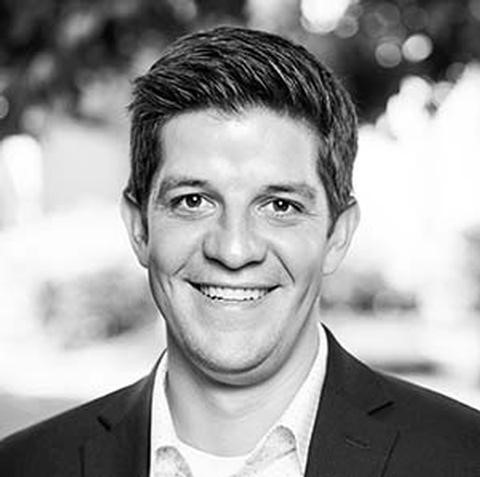 |
|
Adam Engler, PhD (Faculty Profile, Lab Website) The Engler lab studies the mechanobiology of stem cells, progenitor cells, and their progeny as well as cancer cells using methods of tissue engineering, biomaterials, cell and molecular biology, and genetics. This project will involve students developing new materials that stiffen with time to mimic the remodeling that occurs with heart disease. Participants will also use cutting edge genetic tools to create and use patient-derived stem cells to create heart cells. Patients with specific mutations will be studied within the biomaterial to determine what effects the stiffened environment has on mutant and wild-type cells. |
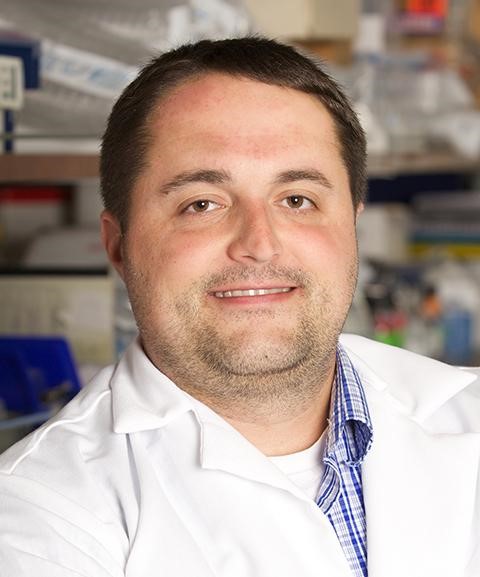 |
|
Prashant Mali, PhD (Faculty Profile, Lab Website) Students will work on one of two projects: (a) Gene Therapy: We engineer molecular reagents to enable precise edits in the genome or transcriptome of cells bearing disease causing mutations. We aim to test these in cells and eventually in mice. Researchers will learn and use techniques including cell culture, molecular biology, and synthetic biology. (b) Cell Therapy: We develop and use a vascularized bioprinting platform to create tissues ex vivo. We aim to build functional and mature tissue constructs by incorporating constituent cells generated by differentiating pluripotent stem cells and by systematic evaluation of biomaterials, media, and the local cellular microenvironment. Researchers will learn and use techniques including cell culture, tissue engineering, and synthetic biology. |
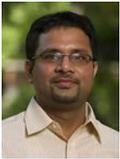 |
|
Andrew McCulloch, PhD (Faculty Profile, Lab Website) The research focus of the Cardiac Mechanics Research Group is the mechanics and electrical dynamics of the normal and diseased heart from molecular to organ scales. We use computational modeling and integrated experiments to investigate excitation-contraction coupling and the role of mechanoelectric feedback in action potential propagation. The in-silico modeling includes signal transduction pathways involved in calcium cycling and hypertrophy. The research intern will use experimental and computational models to investigate the relationships between the cellular and extracellular structure of cardiac muscle and the electrical and mechanical function of the heart during ventricular remodeling and cardiac arrhythmia. |
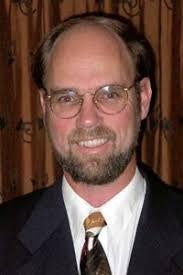 |
|
Robert Sah, MD, ScD (Faculty Profile, Lab Website) The Cartilage Tissue Engineering lab studies the dynamics of cartilage, bones, and joints that lead to their function, failure, and restoration. We conduct experiments and develop computational models to determine how mechanical factors cause joint deterioration after knee injury and in osteoarthritis. We study the repair of damaged cartilage with osteochondral (allo)grafts that are generally effective for repairing large areas of damaged cartilage but limited by donor availability. Students will conduct experiments involving (1) imaging and biomechanics to determine the structural basis of cartilage function and failure, or (2) tissue engineering and bioreactors to create more effective off-the-shelf osteochondral implants to resurface damaged joints. |
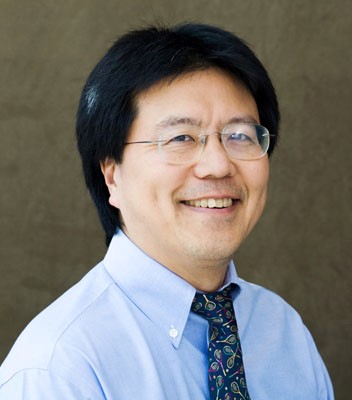 |
|
Daniela Valdez-Jasso, PhD (Faculty Profile, Lab Website) We focus on soft-tissue biomechanics and multi-scale mathematical modeling of organ and tissue function, particularly as they pertain to understanding the adaptations of the heart, vessels, and lungs to pulmonary hypertension (PH). We incorporate key experimental findings into mechanistic mathematical models to evaluate quantitative computational formulations of organ and tissue function. The student will investigate the dynamic vascular remodeling process in PH at the tissue level, and use the results to evaluate effects at the system level. |
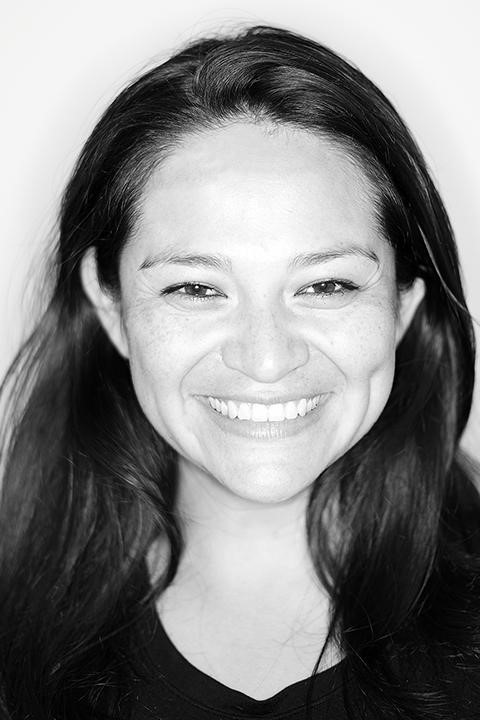 |
|
Yingxiao Wang, PhD (Faculty Profile, Lab Website) The student will work on the development of genetically-encoded molecule biosensors based on fluorescence resonance energy transfer (FRET) and the application of these biosensors for the visualization and quantification of molecular signals in live cells with high spatiotemporal resolution under physical/mechanical environment. The results will integrate the cutting-edge technologies in molecular engineering, live cell imaging, and nanotechnology for the engineering of machinery molecules to reprogram cellular functions |
 |
|
Sameer Shah, PhD (Faculty Profile, Lab Website) Professor Shah is an expert in the function, dysfunction and plasticity of the nervous and muscular systems. His research priorities are to enhance surgical decision making and the development of physical therapy protocols by understanding relationships between the ultrastructure of peripheral nerves and their mechanical and physiological function. He develops tissue engineering and biomedical device-based strategies for peripheral nerve regeneration. |
Session 1: Mammalian Cell Culture - Foundations for Bioengineering, Tissue Engineering, and Regenerative Medicine
Program Dates: June 15th - June 19th, 2020
Students will obtain a broad overview of Bioengineering and hands-on skills in the fundamentals of mammalian cell culture. They will learn how to thaw, grow, propagate, and freeze mammalian cells. These are the core skills used in academia and industry to create new cell and tissue therapies, ranging from treating arthritis, to inducing heart regeneration, and curing cancer.
Session 2: TBD
Program Dates: June 22nd - June 26th, 2020
Description is TBD
Fees and Qualifications
Application Fee - $75
Tuition - $1,000 each session
Grade Level - Students must currently be in 9th -12 grade and 15 years of age before 6/15/2020
Minimum GPA - 3.0
Academic Schedule - Students are required to attend all 5 days of the program in order to avoid dismissal from the program. This is a commuter program and students must arrange for transportation to and from UC San Diego. The schedule can be found here.
*Students will receive 3 units of Pre-College credit for attending each program.
Program information will be e-mailed to all students accepted into each of the Research Scholars programs. The student will receive a Student Handbook that should be reviewed with parents and the last page signed and returned to the Pre-College staff in a timely manner.
For the 5 day and 6 week program, students will be notified on 3/20/2020.
All application fees are nonrefundable.
Cancellation or withdrawal for any reason prior to March 1,
Cancellation or withdrawal for any reason prior to April 1,
Cancellation or withdrawal for any reason April 2- May 31,
Refunds for cancellation or withdrawal after June 1,
All refund requests must be made in writing to Maysoon Dong, Sr. Program Manager, UCSD Pre-College Programs